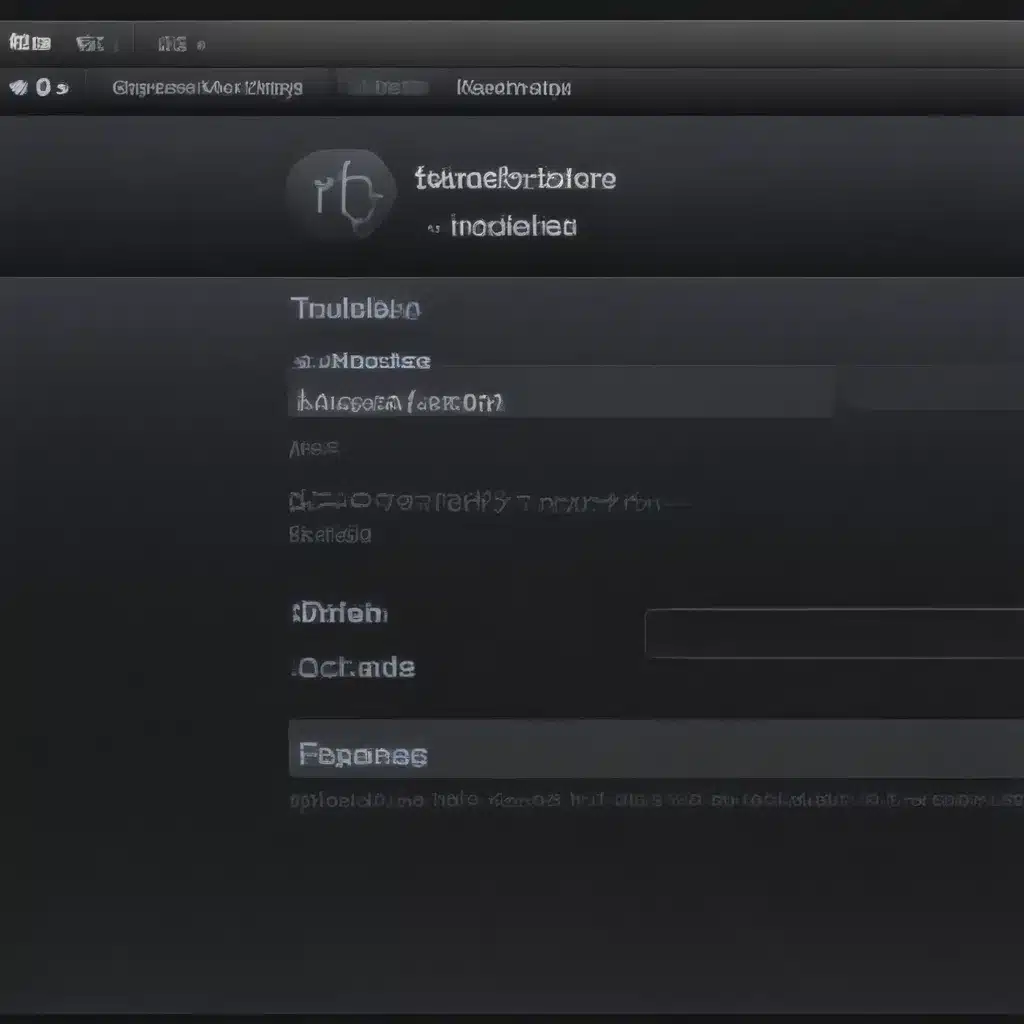Introduction
Data backup is one of the most important things you can do to protect your digital information. An offsite backup stores copies of your data in a remote location, away from your office or home. This year is a great time to set up or upgrade your offsite backup plan. Here are 5 key reasons why offsite data backup should be on your agenda for this year:
1. Safeguard Against Local Disasters
Local disasters like fires, floods, or theft can destroy locally stored data. I recently met James, whose office had a fire that fried all the servers and computers. Thankfully, James had an offsite backup and was able to restore his data.
Offsite backups provide an extra layer of protection because copies of your data are stored remotely. If disaster strikes locally, you can recover from the offsite backup. For example, Brian has a cloud backup and Anna has a backup on a server in another state. Both are protected if their local office is hit by a disaster.
2. Meet Compliance Requirements
Many regulations oblige businesses to have offsite data backups. For instance, HIPAA rules require medical practices to maintain regular offsite backups of patient records. The SEC requires financial firms to store copies of certain records offsite.
Review the compliance rules that apply to your business this year. Setting up offsite data backup can help you avoid penalties for non-compliance.
3. Boost Ransomware Resilience
Ransomware attacks are getting more sophisticated and common. Local backups are vulnerable because ransomware can infect them too.
Offsite backups that are disconnected from your network provide an outage-proof data copy that acts as your insurance policy against ransomware. Offsite backups stopped Marie’s business from permanently losing critical data after a ransomware attack locked down her servers.
4. Access Data From Anywhere
Offsite backup solutions based on the cloud make it easy to access your data from anywhere. For instance, Nick frequently travels for work. With his cloud backup, he can securely access important files from his phone or laptop wherever he is.
Easy remote access to offsite backup data enables your workforce to stay productive when working from home or other locations.
5. Reduce Hardware Expenses
Maintaining a local backup requires money for extra drives and storage space. Offloading some backups offsite can save on capital and operational expenses. The cloud makes offsite storage affordable for businesses of all sizes.
For example, after switching to automated cloud backup, Kyle’s business now spends 70% less on backup hardware costs compared to before.
Key Takeaways
Here are some key reasons to prioritize offsite data backup in your plans for this year:
- Protect against fire, theft and other local disasters
- Comply with regulations requiring offsite data storage
- Guard against ransomware attacks
- Access data remotely with cloud backups
- Cut hardware costs by using affordable offsite storage
The benefits definitely outweigh the costs. I recommend reviewing your current data backup process and implementing offsite backup for optimal data protection. Please let me know if you have any other questions!













